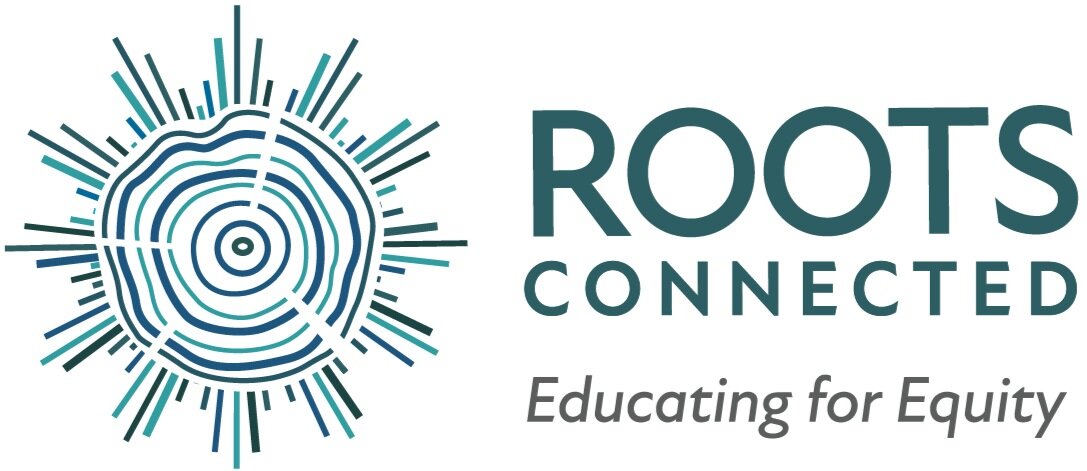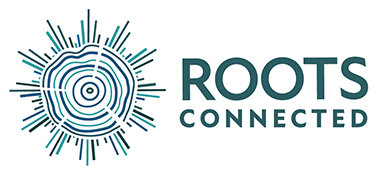Resources For Talking To Children About Racism And Racialized Violence
Resources compiled by Jayne Sohn
Below is a curated list for families and educators focused on talking about racism and racialized violence with children, curated by Jayne Sohn, the Coordinator of Equity and Anti-Bias Education at Community Roots and a Roots ConnectED Coach. We hope that this provides support for the critical work of making space and talking with our next generation about the current events surrounding the murder of George Floyd and the line of racialized violence preceding and proceeding that tragic moment.
General Resources
Talking to children after racial incidents
https://www.gse.upenn.edu/news/talking-children-after-racial-incidents
Having 'The Talk': Expert Guidance On Preparing Kids For Police Interactions
Talking to Kids about Racial Violence
7 Reminders for White Parents Talking to Their Kids About Police Killing Black People
Lessons and Textbook Critiques
*Lessons and Textbook Critiques, from Zinn Education Project
“Riots,” Racism, and the Police: Students Explore a Century of Police Conduct and Racial Violence by Ursula Wolfe-Rocca (Zinn Education Project)
A 7-year-old student’s telling answers on a worksheet titled ‘Police Protect Us’ by Valerie Strauss (Washington Post, June 2, 2020)
Happening Yesterday, Happened Tomorrow: Teaching the ongoing murders of Black men by Renee Watson (Rethinking Schools)
How Chicago’s Public Schools Are Teaching the History of Police Torture by Thai Jones. An article about Chicago’s citywide curriculum that requires that the history of police torture be taught in all eighth- and tenth-grade public school social studies classes.
The Murder of Sean Bell: From Pain to Poetry by Renee Watson (Rethinking Schools)
Remembering Red Summer — Which Textbooks Seem Eager to Forget by Ursula Wolfe-Rocca (Zinn Education Project)
‘What We Want, What We Believe’: Teaching with the Black Panthers’ Ten Point Program by Wayne Au (Rethinking Schools)
Podcasts
*Podcasts, from Zinn Education Project
Throughline: American Police The origins of policing in the United States, starting with slave patrols. Features Khalil Gibran Muhammad, author of The Condemnation of Blackness: Race, Crime, and the Making of Modern Urban America.
Intercepted: Ruth Wilson Gilmore Makes the Case for Abolition. Gilmore, in conversation with Chenjerai Kumanyika, offers a comprehensive road map for understanding how we have arrived at the present political moment of brutality and rebellion, and she lays out the need for prison abolition and defunding police forces.
Democracy Now: Badges Without Borders: How Global Counterinsurgency Transformed American Policing Interview with Stuart Schrader, author of a book by the same name.
Books for High School Students and Adults
*Books for High School Students and Adults, from Zinn Education Project
Chokehold: Policing Black Men by Paul Butler
The End of Policing by Alex S. Vitale
Invisible No More: Police Violence Against Black Women and Women of Color by Andrea J. Ritchie
The New Jim Crow: Mass Incarceration in the Age of Colorblindness by Michelle Alexander
Pushout: The Criminalization of Black Girls in Schools by Monique W. Morris
Slave Patrols: Law and Violence in Virginia and the Carolinas by Sally E. Hadden
Teaching for Black Lives edited by Dyan Watson, Jesse Hagopian, Wayne Au
Young Adult Novels and Graphic Novels
*Young Adult Novels and Graphic Novels, from Zinn Education Project
All American Boys by Jason Reynolds
I Am Alfonso Jones by Tony Medina
The Hate U Give by Angie Thomas
Say Her Name by Zetta Elliott
Also see books for children and young adults on the Social Justice Books Incarceration list, including a young readers’ edition of Just Mercy by Bryan Stevenson.
Primary Documents
*Primary Documents, from Zinn Education Project
“#7. We want an immediate end to police brutality and murder of Black people, other people of color, and all oppressed people inside the United States.” — from the Black Panther Party 1966 ten-point program.
Gordon Parks’s 1960s Protest Photos Reflect the Long History of Police Brutality in the United States by Daria Harper in Artsy.
The Red Record: Tabulated Statistics and Alleged Causes of Lynching in the United States by Ida B. Wells-Barnett 1895. (To compare to the current annual list of murders — or lynchings — by police.)
SNCC Digital Gateway Often missing from lessons on the Civil Rights Movement are the demands to end police brutality and violence by other white supremacists. Many stories at the website of the Student Nonviolent Coordinating Committee (SNCC) highlight the role of the police and organizing to defend communities.
This Day in History Series
*This Day in History Series, from Zinn Education Project
Selected stories of police brutality and protests of the police, including a 1941 protest of police brutality in Washington, D.C. See This Day in History stories about the police.
Art by Trust Your Struggle Collective and Dignidad Rebelde. Photo by Thomas Hawk.
Films
*Films, from Zinn Education Project
Abolition 101 taught by Orisanmi Burton.
Fruitvale Station by Ryan Coogler about the murder of Oscar Grant.
Say Her Name: The Life and Death of Sandra Bland by Kate Davis and David Heilbroner on HBO.
Slavery by Another Name by Sam Pollard, Catherine Allan, Douglas Blackmon, and Sheila Curran Bernard about false arrests of African Americans to feed the convict leasing system.
When They See Us by Ava DuVernay about the false arrest and imprisonment of five teenagers known as the Central Park Five. (Also see 13th.)



